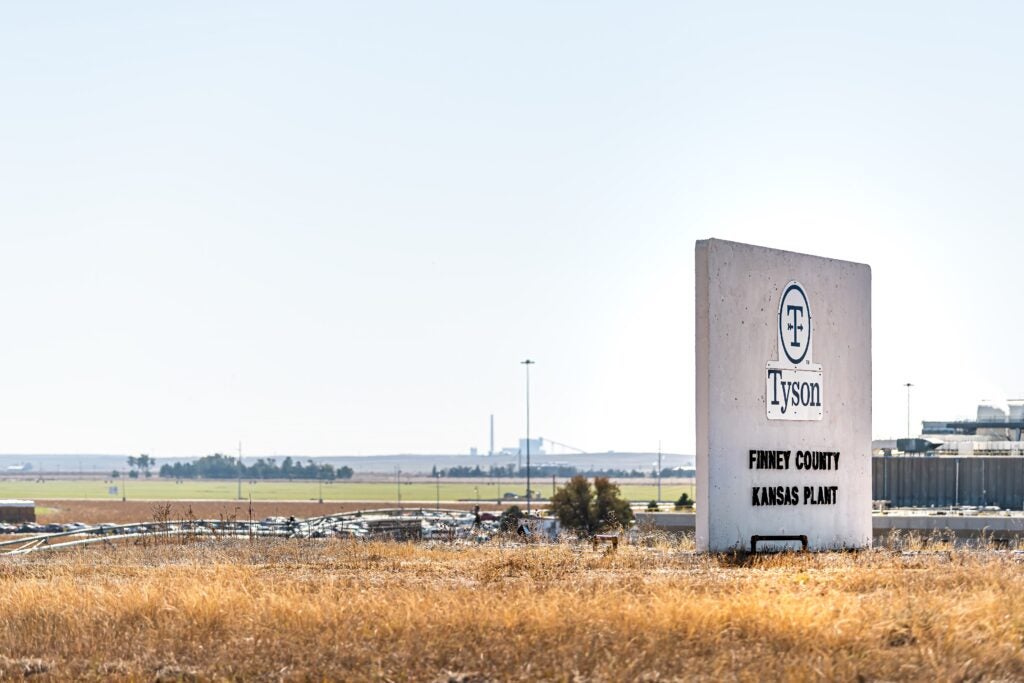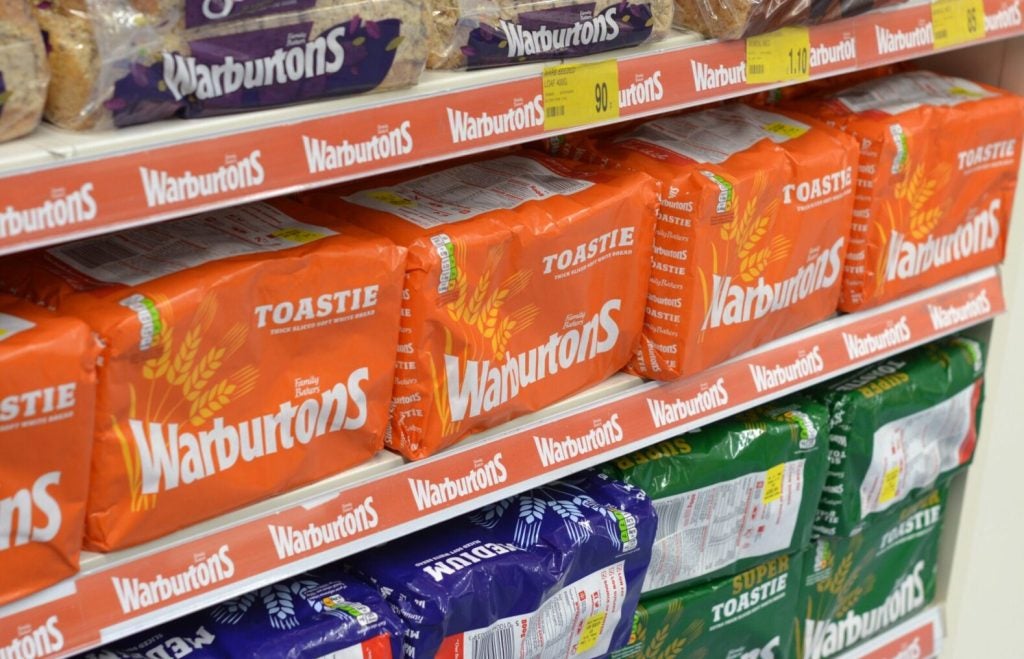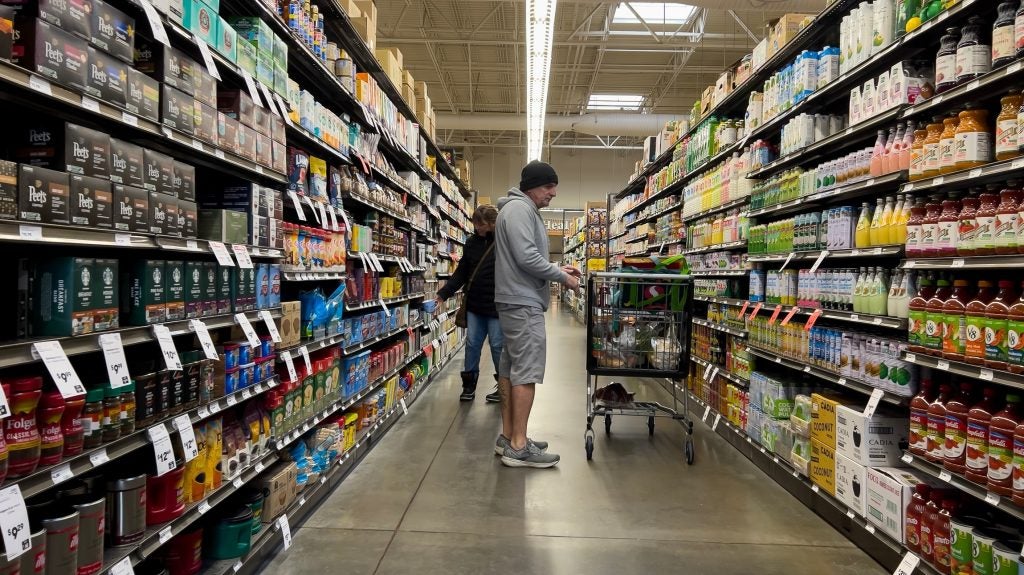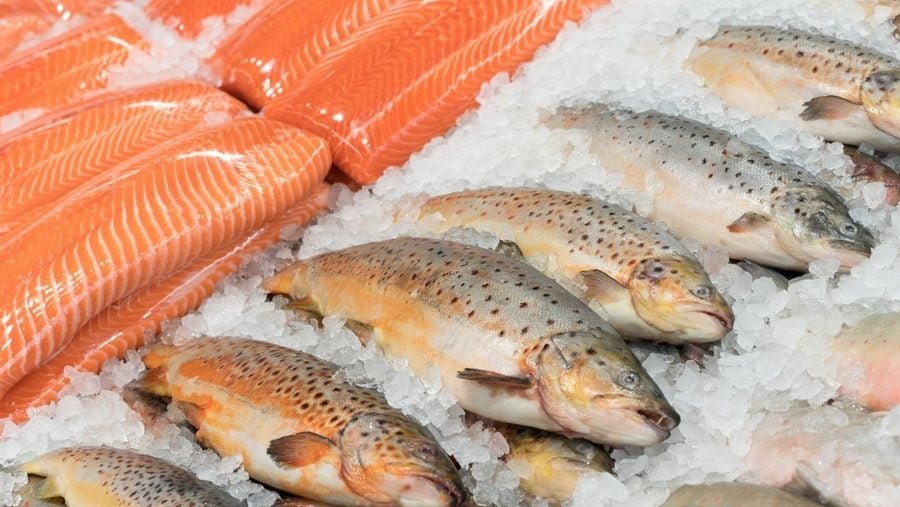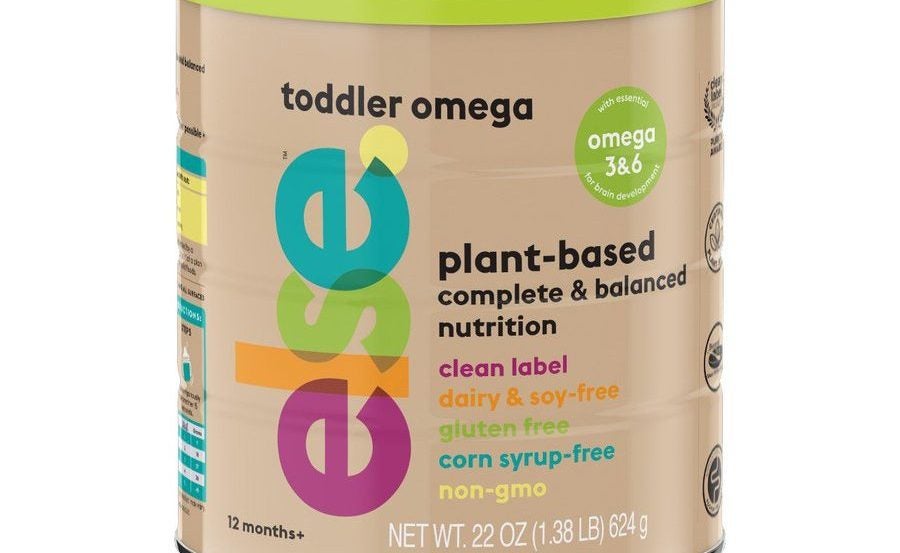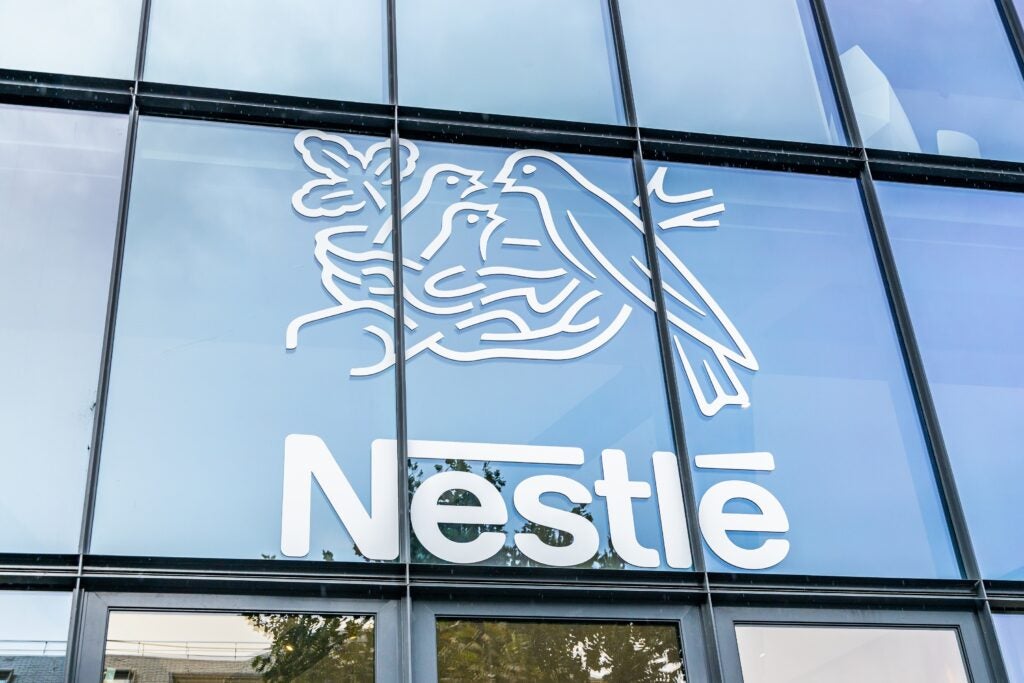Tyson Foods anticipates further pressure on beef volumes as the meat major turned to a fiscal 2023 net loss and pointed to “flat” overall protein sales next year.
Volumes in both beef and pork fell in Tyson Foods’ fourth quarter to 30 September, while chicken and the prepared-foods segment made inroads. Sales in beef, the company’s largest revenue earner, rose but volumes dropped 6.7% based on pricing of 10.2%.
“Market dynamics in beef and pork were challenging this past year causing spread compression,” president and CEO Donnie King said as he discussed the results with analysts.
Tyson Foods cited USDA projections that US production of beef will drop around 5% in fiscal 2024, while looking at the protein category as a whole - beef, pork, chicken and turkey – output “should decrease slightly”.
King said beef was under pressure in fiscal 2023 from “limited cattle supply”, which did not improve during the financial year.
“Until significant heifer retention and subsequent herd rebuilding takes place, we expect challenging supply conditions to remain. In this context, while the timing remains uncertain, we will be prepared by focusing on operational discipline,” he said.
CFO John Tyson added beef is “likely to continue to face headwinds”, as sales revenue for the segment dropped 2.6% last year to $19.33bn. That was larger than the 0.8% decline for Tyson Foods’ group-wide total protein sales to $52.88bn.
“When and how fast meaningful heifer retention will take hold is uncertain at this point, and this influences our outlook for our beef segment in 2024,” Mr Tyson explained.” Multiple outcomes are possible, and we will be prepared for all of them to operate as efficiently as we can.”
The Arkansas-based business pointed to “relatively flat” overall protein sales in its 2024 fiscal year, with King noting the continuing “imbalance between supply and demand” in pork.
Sales revenue from pork dropped in the fourth quarter and for the year, along with volumes, even though Tyson Foods cut prices to help prop up demand. Sales fell almost 10% to $5.77bn in 2023, with a 2.2% drop in volumes and a 7.9% reduction in price.
US pork production is expected to pick up in the 2024 fiscal year, with the USDA pointing to around a 2% increase, compared to a “slight” improvement in the chicken segment.
King was relatively upbeat on the prospects and more so for Tyson Foods’ prepared-foods segment, which he sees as “a key growth pillar for our future”.
The CEO explained: “Consumer demand for protein remains relatively stable, and we are well positioned to meet this demand, giving us confidence in our long-term prospects.
“Q4 also wraps up an unusual fiscal year where all of our core protein categories were challenged and yet one where our branded business delivered solid results. While we continue to see challenging market dynamics our broader portfolio is set up well for the future.
“Our brands continue to perform well, and we grew market share across our core business lines, outperforming our peers.”
Prepared foods sales were relatively flat in the quarter at $2.50bn, with volumes up 1% and pricing down 1.6%. Sales for the year edged up 1.6% to $9.85bn, with volumes eking out a 0.3% increase.
The segment “was the profit engine for the company last year”, King said, despite the group’s net losses.
Tyson Foods turned to a group loss of $443m in the quarter from a $537m profit a year earlier. For the year, the company posted a $649m loss, compared to a $3.25bn profit the year previous. While operating income for both periods was in the red, on adjusted basis the figures were positive, albeit down significantly.
Adjusted operating income for the quarter dived 71% to $236m and was down to $933m in 2023 from a $4.41bn profit in the corresponding 12 months.
“You've seen us take bold actions to improve performance, and everything remains on the table to drive operational excellence and address inefficiencies,” King said.
Tyson Foods has announced a raft of plant closures this year, most recently with two facilities in the US, and the CEO suggested more could be on the cards.
“We will continue to evaluate our production footprint and network to drive efficiencies,” King said, with CFO Tyson adding the benefits of the closures are likely to be felt around the “mid-point” of fiscal 2024.
“Challenges remain, but we continue to drive efficiencies and improve our operations, and we believe we're headed in the right direction,” Tyson said.


